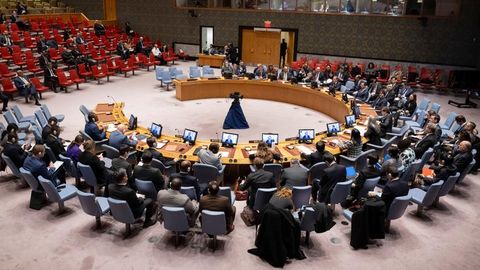Uzbekistan’s Centrum Air targets $2bn valuation ahead of IPO with Oppenheimer and Citibank
15:13 / 19.02.2026
Uzbekistan, U.S. firm Gulf Oil sign $150mn deal to develop 100 fuel stations
14:43 / 19.02.2026
Uzbekistan sees CPI progress, agency head raises concerns over methodology
14:00 / 19.02.2026
Uzbekistan develops system for Tax Committee employees to declare income and expenses
13:00 / 19.02.2026
Uzbekistan explores local production of Hungary’s Magnus Fusion 212 aircraft
12:00 / 19.02.2026
Recommendations
Menu
Good news:
Tags
Grow your business with us
Advertise on Daryo.uzIndividual approach and exclusive materials
Ad-free site readingSubscribe
25 000 sum per month






Comments
To leave a comment, first